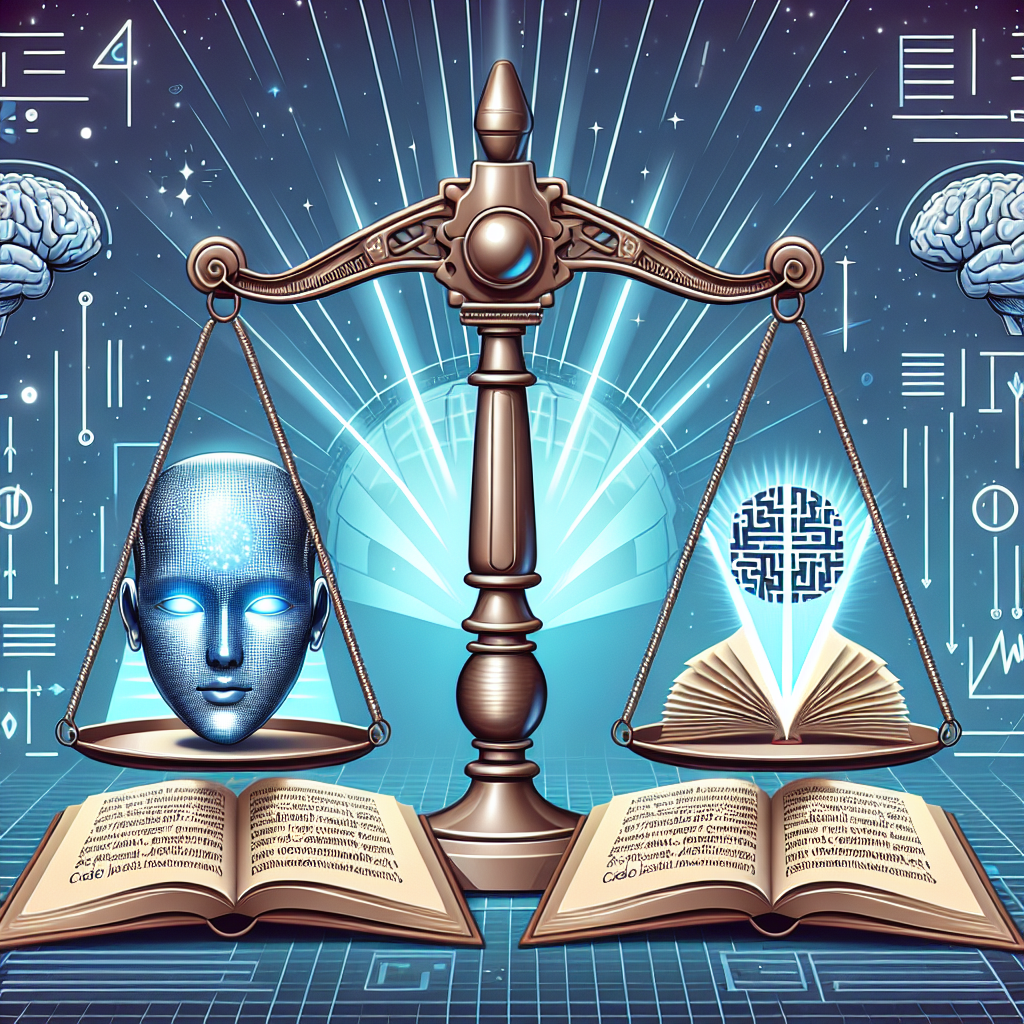In recent years, the rapid advancements in artificial intelligence (AI) technology have raised important ethical questions regarding the responsibilities of AI researchers and engineers. As AI becomes more ubiquitous in our daily lives, it is crucial for those working in the field to consider the ethical implications of their work and to prioritize the well-being of society and individuals. In this article, we will explore the ethical responsibilities of AI researchers and engineers and provide guidance on how to navigate these complex issues.
The Ethical Responsibilities of AI Researchers and Engineers
1. Transparency and Accountability: AI researchers and engineers have a responsibility to be transparent about the capabilities and limitations of their AI systems. They should provide clear explanations of how the technology works and be accountable for any errors or biases that may arise. Transparency is essential for building trust with users and ensuring that AI systems are used responsibly.
2. Fairness and Bias: AI systems can inadvertently perpetuate biases present in the data they are trained on. Researchers and engineers must be vigilant in identifying and addressing bias in their algorithms to ensure fair and equitable outcomes. This includes regularly auditing AI systems for bias and implementing strategies to mitigate any harmful effects.
3. Privacy and Security: AI researchers and engineers must prioritize the privacy and security of user data. They should design AI systems with built-in privacy safeguards and encryption measures to protect sensitive information. Additionally, researchers should be mindful of potential security vulnerabilities in AI systems and take proactive steps to prevent unauthorized access.
4. Social Impact: AI researchers and engineers have a responsibility to consider the broader social impact of their work. They should be mindful of how their technology may affect marginalized communities and strive to develop AI systems that promote social good and address societal challenges. This includes actively seeking feedback from diverse stakeholders and incorporating their perspectives into the design and implementation of AI systems.
5. Ethical Decision-Making: AI researchers and engineers must engage in ethical decision-making processes throughout the development lifecycle of AI systems. This includes considering the potential risks and benefits of their technology, as well as the impact on individuals and society. Researchers should proactively identify ethical dilemmas and seek guidance from ethicists and other experts to make informed decisions.
Frequently Asked Questions (FAQs)
Q: How can AI researchers and engineers ensure fairness in their algorithms?
A: Researchers can ensure fairness in their algorithms by carefully examining the data used to train AI systems and implementing strategies to mitigate bias. This may include diversifying the training data, using fairness metrics to evaluate algorithm performance, and incorporating mechanisms for transparency and accountability.
Q: What are the ethical considerations when developing AI systems for healthcare?
A: When developing AI systems for healthcare, researchers must consider issues such as patient privacy, data security, and the potential impact on patient outcomes. It is essential to prioritize the well-being of patients and ensure that AI systems are accurate, reliable, and ethically sound.
Q: How can AI researchers and engineers address the ethical implications of autonomous weapons?
A: Researchers and engineers working on autonomous weapons must consider the ethical implications of their technology, including the potential for harm and misuse. It is crucial to engage in ethical decision-making processes and advocate for policies that prioritize human rights and international law.
Q: What role do ethics committees play in AI research and development?
A: Ethics committees play a critical role in AI research and development by providing guidance on ethical issues, reviewing research proposals, and ensuring that projects adhere to ethical standards. Researchers should seek input from ethics committees to help navigate complex ethical dilemmas and ensure that their work aligns with best practices.
In conclusion, AI researchers and engineers have a significant responsibility to prioritize ethical considerations in their work. By embracing transparency, fairness, privacy, social impact, and ethical decision-making, researchers can help ensure that AI technology is developed and deployed responsibly. By upholding these ethical standards, AI researchers and engineers can contribute to the advancement of AI technology in a way that benefits society as a whole.

